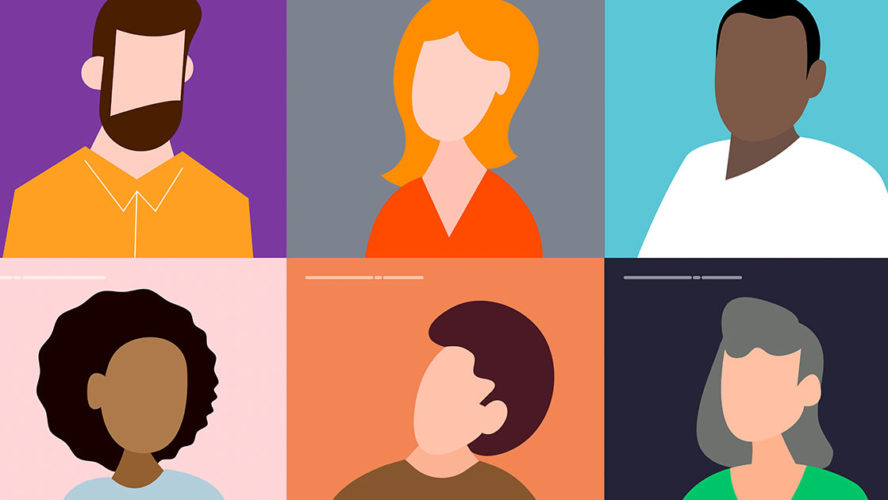Tech companies face huge challenges when it comes to ending online harassment. Lisa Mae Brunson, founder of Wonder Women Tech, says the key to safety is changing the industry.
Brunson founded Wonder Women Tech to advocate for women and minority voices in the tech industry. In her career, she has led initiatives such as the My Name, My Game campaign, where male gamers played online pretending to be female gamers to experience the frequent abuse leveled at women online.
She has also worked within Fortune 500 companies to foster inclusion and fight discrimination in the workplace, and nowhere are these problems more prevalent than in tech.
“I think the tech industry is leaps and bounds ahead in terms of what the opportunity is for technology and innovation at large,” Brunson said. “But they are sadly so behind when it comes to being inclusive and putting humans first.”
The lack of diversity in tech, particularly in leadership positions, means many issues affecting minority groups online are only considered once it’s too late, Brunson says.
“The largest barrier to entry for women and people of color is that we were not at the table from inception to the end product, so our experiences on online platforms can be rather unsafe and unsupported,” she said. “If women and people of color are in those rooms or, indeed, at the top of the decision-making, they’re going to be able to identify what the real needs are for a broader range of people to be able to utilize these platforms safely and effectively.”
Anonymity
Facebook’s Metaverse is a prime example of how online social spaces can end up protecting trolls with anonymity while being ill-equipped to help victims of online abuse.
“Women are already coming forward with sexual harassment filings against the Metaverse,” Brunson said. “As we moved into social media platforms that are audio and video based, this has been challenging for women and people of color because they can be a ripe arena for trolls to video bomb and throw out racial and discriminatory slurs.”
Tech companies face a huge challenge in dealing with online hate, but it is a challenge Brunson says cannot be ignored.
“It’s now about holding companies and communities accountable,” she said, and a key step in reckoning with the industry’s problems is becoming more inclusive and diverse at all levels of the industry. “If you’re saying this is important to you, that you need to be inclusive of women, that you want to hire more women, that you want to hire more people of color, that you want to design products that support these individuals, then we want to see that in action.”


